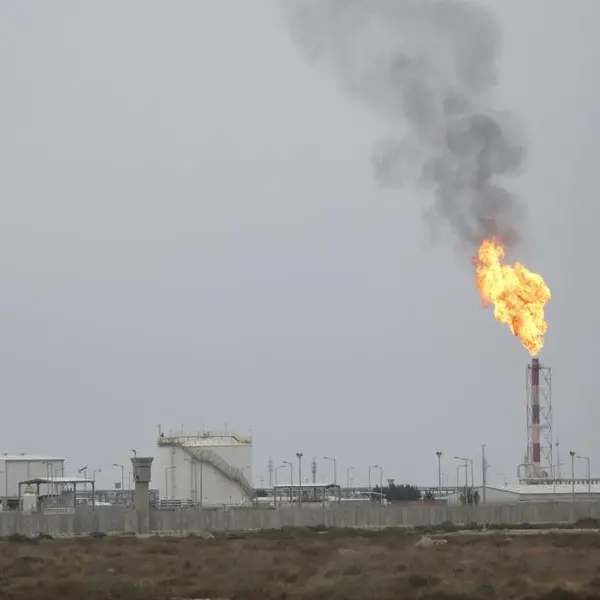ZURICH- Swiss voters appeared set to narrowly approve a free trade agreement with Indonesia in a binding referendum on Sunday, with lower tariffs on palm oil imports the main issue in the national debate.
Projections for broadcaster SRF based on partial results showed the measure passing by a 51-49% margin, within the margin of error of three percentage points. Full results will be known later on Sunday.
Switzerland signed the pact in 2018 together with the other European Free Trade Association members Iceland, Norway and Liechtenstein.
Parliament ratified the deal in 2019, but the "Stop Palm Oil" movement - backed by the Greens as well as environmentalist and anti-globalisation NGOs - called a referendum under Switzerland's system of direct democracy.
Under the FTA, both parties would gradually reduce or abolish import duties on industrial products. For palm oil, Switzerland will reduce tariffs by about 20%-40% for up to 12,500 tonnes per year, but only if sustainability standards are met.
Indonesia is the world's top producer of palm oil, which is used in cosmetics, food products and biofuels. Palm oil has faced scrutiny from green activists and consumers, who hold it responsible for forest loss, fires and worker exploitation.
"I oppose free trade agreements because they eliminate customs duties that are there to prevent unfair competition from low-cost countries," Willy Cretegny, an organic wine producer in western Switzerland who initiated the referendum, told Reuters before the vote.
"They lead to a throwaway society that wastes resources. Standards to protect the environment or people's health and safety also disappear along the way," he said.
The government recommended the FTA, saying it would give Switzerland's export-oriented economy better access to growth market Indonesia, while promoting more sustainable palm oil production as only certified oil could enjoy tariff reductions.
But the committee that organized the referendum said the deal would boost demand for cheap palm oil, destroying tropical forests and hitting Swiss rapeseed and sunflower oil production.
(Reporting by Michael Shields Editing by Frances Kerry) ((Michael.Shields@thomsonreuters.com; +41 41 528 3630; Reuters Messaging: michael.shields.thomsonreuters.com@reuters.net))




















